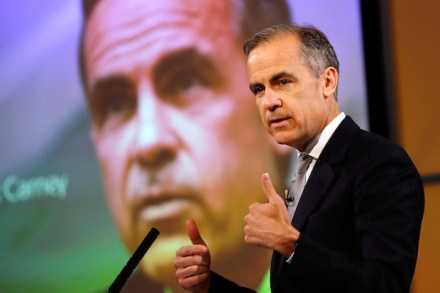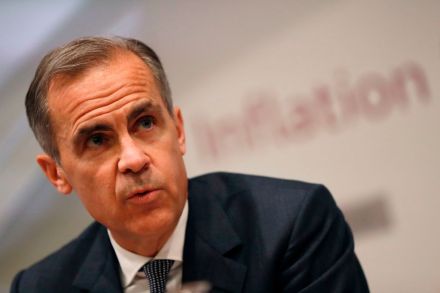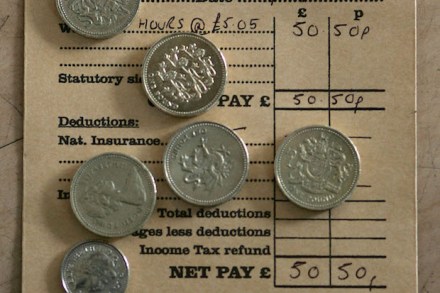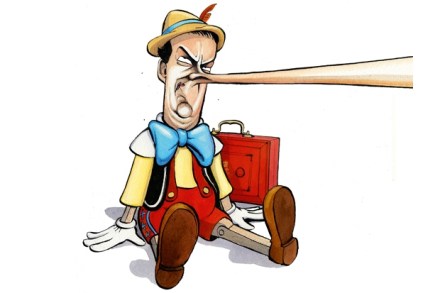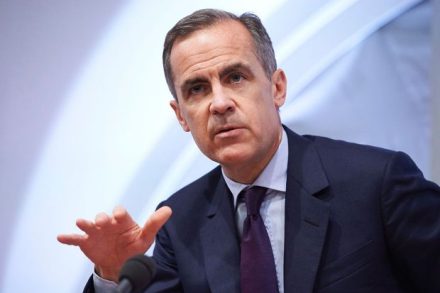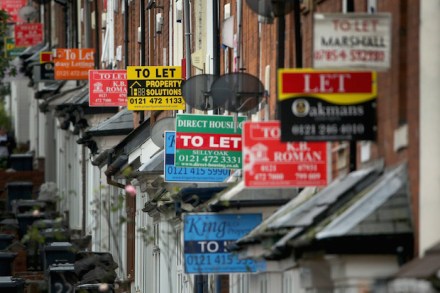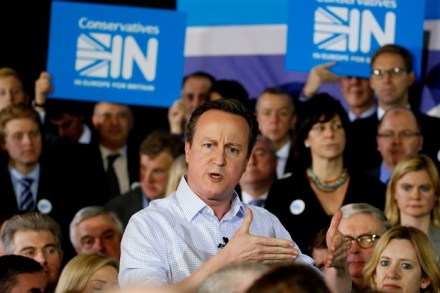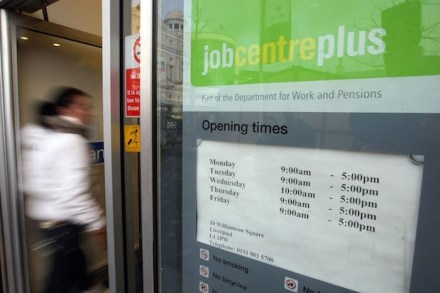Bank of England: inflation blip is ‘entirely’ temporary
Although Mark Carney has earned a reputation for doom-mongering over Brexit, today’s Bank of England press conference wasn’t all doom and gloom. While the bank voted – at six votes to two – to keep interest rates at 0.25pc (see the leader in this week’s issue of The Spectator for why this isn’t such a great idea), its Inflation Report did bear better-than-expected news. On inflation, Carney said it was expected to peak at 3pc in October from its current rate of 2.6pc. However, this rise is ‘entirely’ temporary, and the Bank of England’s Monetary Policy Committee (which aims to keep inflation at 2pc) expects real wage growth to return soon as earnings growth
